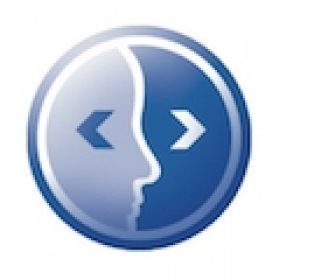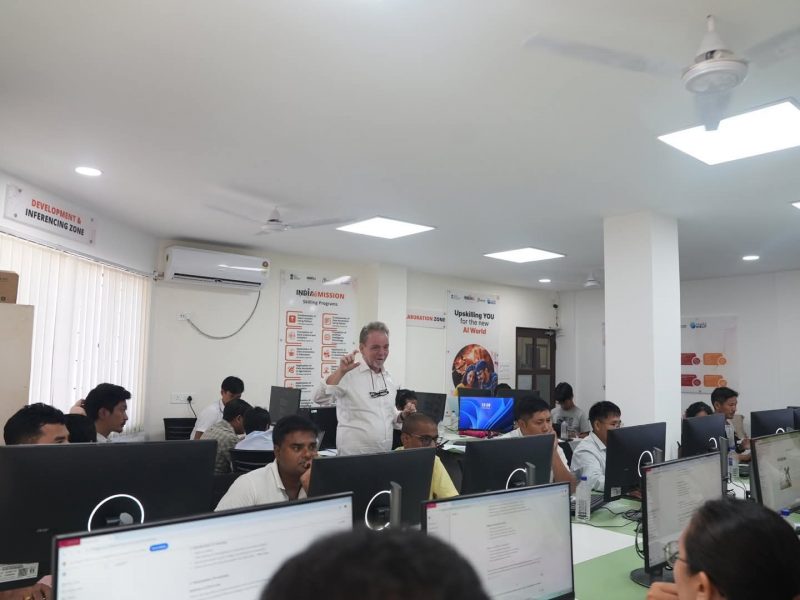Review of the “Digital Skills to Succeed in Asia (DS2S)” conference in Bengaluru
These were three jam-packed, exciting days with colleagues from India, Bangladesh, Vietnam and Germany at the first regional meeting of the DS2S network in Bangladore. My most lasting impression, as so often in an international context, is how the mixture of diversity and commonality can develop a dynamic that leads to promising ideas and initiatives in global perspectives.
The development of skills (AKA future skills, AKA digital skills) in universities is such a dynamic area in which similarities and differences exist not only between regions, but also between levels of action, sub-goals and underlying concepts. It is good to see how synergies are developing from this, providing impetus and realizing projects on current issues in higher education.
In my view, the network conference addressed a few key issues of higher education development, including the following:
- Companies are also looking for a new definition of qualifications, skills or “talent” and corresponding interfaces with the education sector.
- The relationship between academic education and the world of work is currently being reorganized (worldwide).
- The development of future skills in universities can be approached in different ways: There are organization-wide and individual approaches that develop subject-integrated, extracurricular or even external offerings. New formats must be compatible here.
- Learner-centred (self-organized or self-directed, participative, flexible, personalized, etc.) and holistic (problem- and project-oriented, situated, simulation and game-based, etc.) concepts are globally accepted and targeted teaching/learning formats //at universities//. This seems to me to be an truly “asset” that we share – which in itself is very good news!
- Cooperation and equality are the guiding values in the development processes. “Communities of practice” do not have to be created, but rather sought out and listened to.
The international development of micro-credentials offers an excellent opportunity to pursue these ideas further. The design and recognition of compact educational programs at an academic level not only creates an opportunity to bring together new forms of cooperation and partners. The “small form” also requires the different levels of education (namely “knowledge, skills and attitude” or “qualification and personal development”) to be made possible at the same time. This brings us full circle to learner-centeredness and a holistic approach in the design of these courses.
Many thanks to the many minds and hands that made the three days an intensive learning journey and made the many inspiring encounters possible for me



